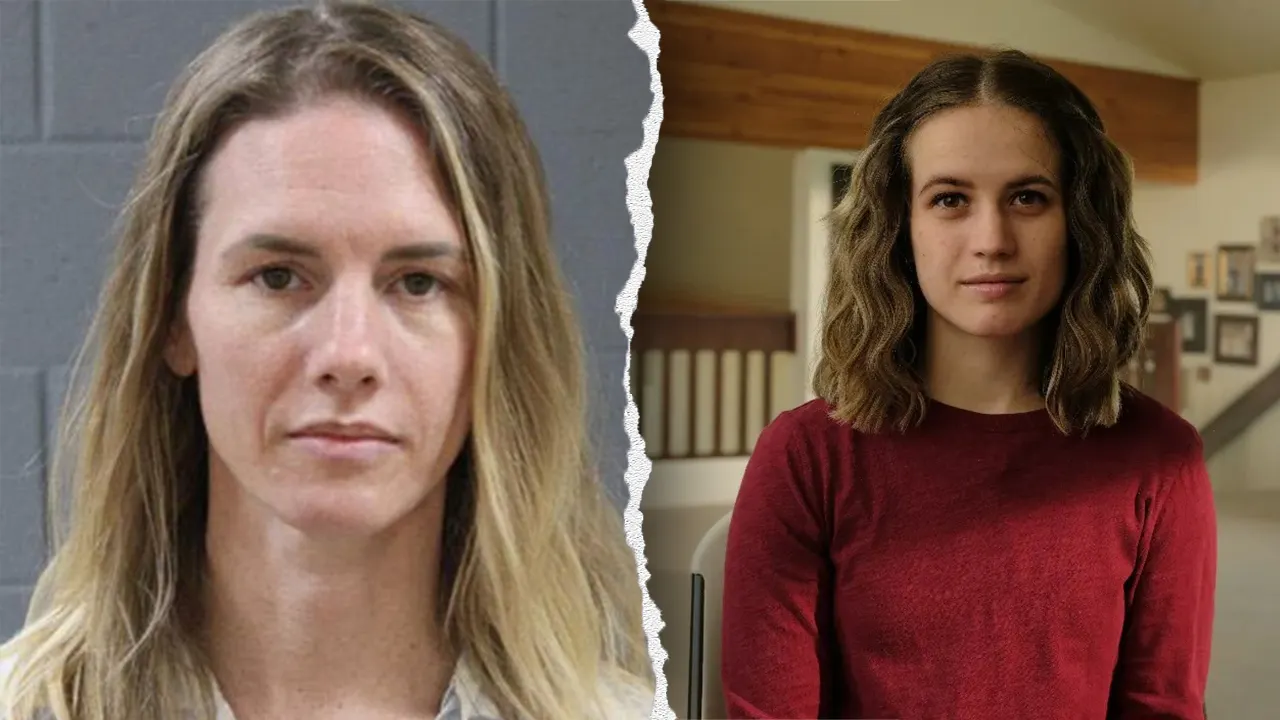The Ruby Franke case, a dark chapter in the world of mommy blogging, continues to reverberate. Now, her eldest daughter, Shari Franke, is stepping into the spotlight, not as a figure in a family vlog, but as an advocate for change. Shari is championing a new child actor law in Utah, HB322, aimed at protecting young influencers. This bill seeks to address financial exploitation and privacy concerns that have long plagued the industry, particularly in light of the abuse suffered within the Franke family.
This article delves into Shari Franke’s efforts, the specifics of HB322, and the broader implications for child influencers and their families. We will explore how the Franke case has fueled legislative action and sparked crucial conversations about the rights and well-being of children in the digital age.
</n
HB322: Utah’s Child Actor Law
HB322, signed into law by Utah Gov. Spencer Cox, represents a significant step towards regulating the child influencer industry. The bill encompasses both traditional child actors and those involved in social media content creation. It mandates that parents or guardians set aside 15% of a child’s earnings in a trust fund, ensuring financial security for the future.
Moreover, HB322 grants child influencers the right to request the removal of content they appeared in once they reach adulthood. This provision addresses concerns about potentially embarrassing or emotionally damaging material that may have been published without their consent. The bill aims to strike a balance between creative expression and the protection of children’s rights.
State Rep. Doug Owens, the bill’s sponsor, highlighted the dual focus of HB322: protecting the financial interests of child actors and providing them with control over their digital legacy.
Opposition and the Debate over ‘Ethical’ Family Vlogging
While HB322 has garnered support, it has also faced opposition, particularly from family bloggers and lobbyists in Utah. Critics argue that the bill imposes unnecessary restrictions on family vlogging and could stifle creativity. Some claim that ethical family vloggers already prioritize their children’s well-being and compensate them fairly.
Shari Franke has countered these arguments, questioning why ethical vloggers would fear mandated payments to their children if they are already being compensated. She also challenges the notion that children can truly consent to being filmed and have their lives shared online, especially given the potential for long-term consequences.
The debate highlights the complex ethical considerations surrounding family vlogging and the need for greater transparency and accountability within the industry.
The Ruby Franke Case: A Catalyst for Change
The Ruby Franke case served as a stark reminder of the potential for exploitation and abuse within the family vlogging landscape. Franke, along with her business partner Jodi Hildebrandt, was arrested and pleaded guilty to multiple counts of aggravated child abuse. The case exposed disturbing details of physical and emotional abuse, raising serious questions about the safety and well-being of children involved in online content creation.
Prior to her arrest, Franke operated the 8Passengers YouTube channel, which documented her family life and parenting practices. While Fox News found no evidence of illegal conduct during that time, viewers raised concerns about Franke’s disciplinary methods and the overall tone of the channel. The subsequent abuse allegations led to the channel’s downfall and a broader reckoning within the mommy blogging community.
The Franke case prompted discussions about the blurred lines between entertainment and exploitation, the pressures faced by social media families, and the need for greater oversight and regulation of the industry.
Broader Implications for Child Influencers
The Ruby Franke case and the passage of HB322 have far-reaching implications for child influencers and their families. The new law sets a precedent for protecting the financial interests and privacy of these children, ensuring that they have a say in their online presence and a fair share of the earnings generated from their content.
The case has also sparked broader conversations about the ethical responsibilities of parents who feature their children in social media content. It has raised awareness of the potential risks of overexposure, exploitation, and the long-term consequences of sharing children’s lives online. As the influencer industry continues to grow, it is crucial to prioritize the well-being and rights of children involved in this space.
Conclusion: Protecting Children in the Digital Age
Shari Franke’s advocacy and the passage of HB322 represent a turning point in the effort to protect child influencers. While challenges remain, these developments signal a growing recognition of the need for greater regulation and oversight within the industry. The Ruby Franke case serves as a cautionary tale, underscoring the importance of prioritizing the well-being and rights of children in the digital age.
As we move forward, it is essential to continue the conversation about the ethical responsibilities of parents, the potential risks of social media exposure, and the need for stronger legal protections for child influencers. By working together, we can create a safer and more equitable environment for children to thrive in the online world.

Leave a Reply